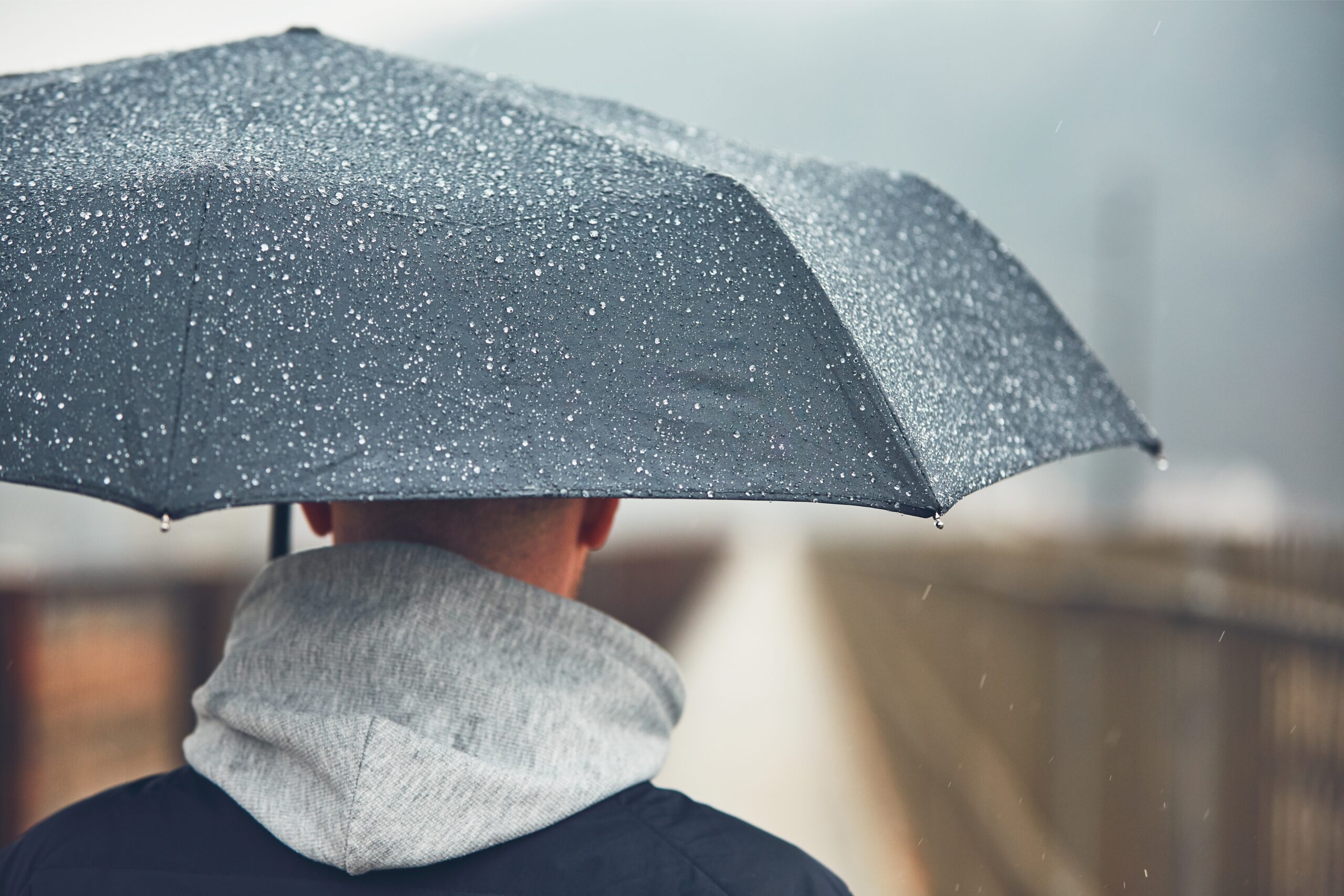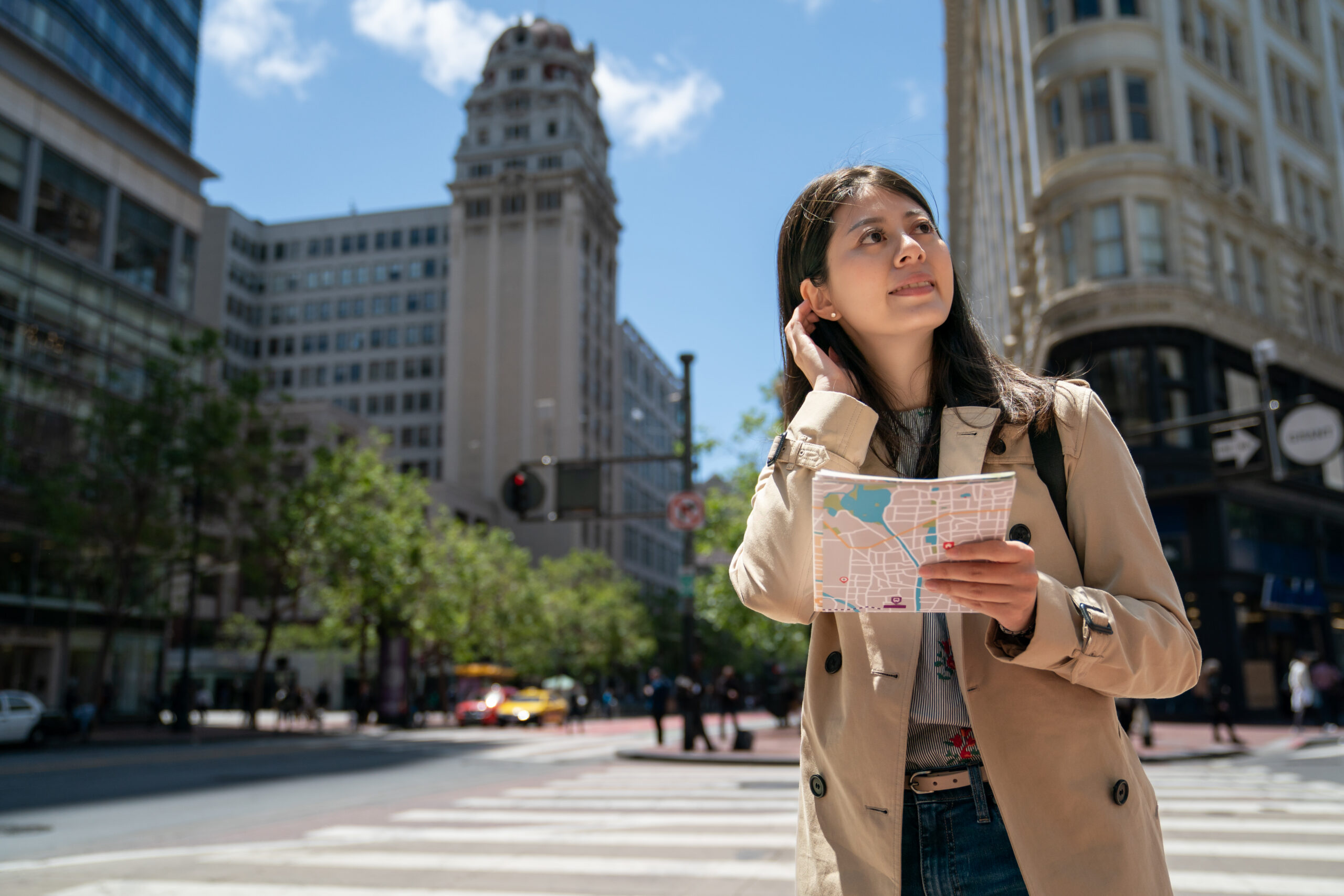WASHINGTON (THE WASHINGTON POST) – Feel like taking a risk? It could be because of the weather.
It’s no surprise that weather can affect our mood. Bleak winter days can trigger sadness, while extra-hot days can make people feel angrier. But some research shows that unexpectedly nice weather can cloud our judgment and make us more optimistic.
Weird weather has definitely been abundant this month. Much of the eastern United States is feeling unusually warm as we approach the end of October. Temperatures in the Washington-Baltimore region reached the low 80s Thursday and Friday, flirting with record highs. Locations across the Northeast, from Massachusetts to Maine, also approached or broke daily temperature records Friday.
The warmth has been a stark change from last week’s typical autumnal chills across the eastern half of the country. Temperatures are expected to plummet to below average for Halloween.
Such unusually sunny days can motivate people to take more risks, some research suggests.
“It wasn’t whether it was sunny or cloudy. It was how much sunnier is it today than the recent history of weather,” said Ross Otto, a research psychologist at McGill University in Canada. “People would find themselves in a good mood because things in the world were better than expected.”
Otto and his colleagues found that people are more likely to play games when the weather is better – one of the most direct links seen in risk-taking behaviour. Analysing gamers across New York City, the 2016 study showed that residents from varying socioeconomic areas all bought more tickets when the weather was nice for a change – like a sunny day coming at the end of a cloudy week. When it was cloudier, people gamed significantly less.
Otto found similar trends in a follow-up 2018 study that analysed language on Twitter: Sunnier days led to better moods – and more gaming.
People’s inclination to roll the dice more, he said, can be explained by a concept called “prediction error,” or the mismatch between what’s expected and what actually occurs. When it’s sunnier than expected, people tend to exhibit behaviours associated with good moods, like risk-taking. Neurobiology research also shows that bursts of dopamine – the “feel good” hormone – occur in our brains not necessarily when something is rewarding but when it is more rewarding than expected.
Another explanation is “optimism bias,” a phenomenon in which people think that positive events are more likely to happen than negative events.
“You project how you’re currently feeling and what the weather’s like right now, and project that into the future,” said Devin Pope, a professor of behavioural science and economics at the University of Chicago who was not involved in Otto’s study.

Optimism bias can affect not only whether we game but also whether we buy cars or homes. In a 2012, Pope found optimism bias in people purchasing cars in various temperature zones. More convertibles were bought on warm, cloudless days, including in unexpected locations. For instance, Pope said, more convertibles would be bought on a nice warm October day in Chicago, compared with a less nice October day.
Optimism bias may even affect the stock market to a certain extent, some say. Sunnier weather, according to a study released this summer, emboldened investors to make riskier decisions.
During sunnier periods, investors made higher bids on seasoned equity offerings, which are extra shares sold by public companies to raise money. Those higher prices led to lower discounts for shares offered in the primary market to the public. The discounts are an important tool for companies to raise finances and are vital for a functioning economy. The study looked specifically at the Chinese stock market, but study author Jia Liu said the results would apply to people anywhere in the world.
“When the weather is hot…they are overly optimistic, they embrace more risk,” said Liu, a professor of accounting and finance at the University of Portsmouth in England. “The bidding price is not rational decision.”
But there is skepticism about how much weather can affect your mood or purchasing patterns. Other studies have found mixed trends on how stock market activity changes with the weather. Pope doesn’t “completely even trust” all of the research on this weather-mood connection because some, he said, isn’t conducted soundly.
In the end, if you feel like making a big decision on an unexpectedly sunny day, you should probably wait. Pope advised making sure you want to make that purchase or choice for several days in a row.
“I think it’s important that we realise that any given second, we might make a decision that’s probably not good for our long-run self,” Pope said. “Right now, you think yes, (but) maybe sleep on it.” – KASHA PATEL




